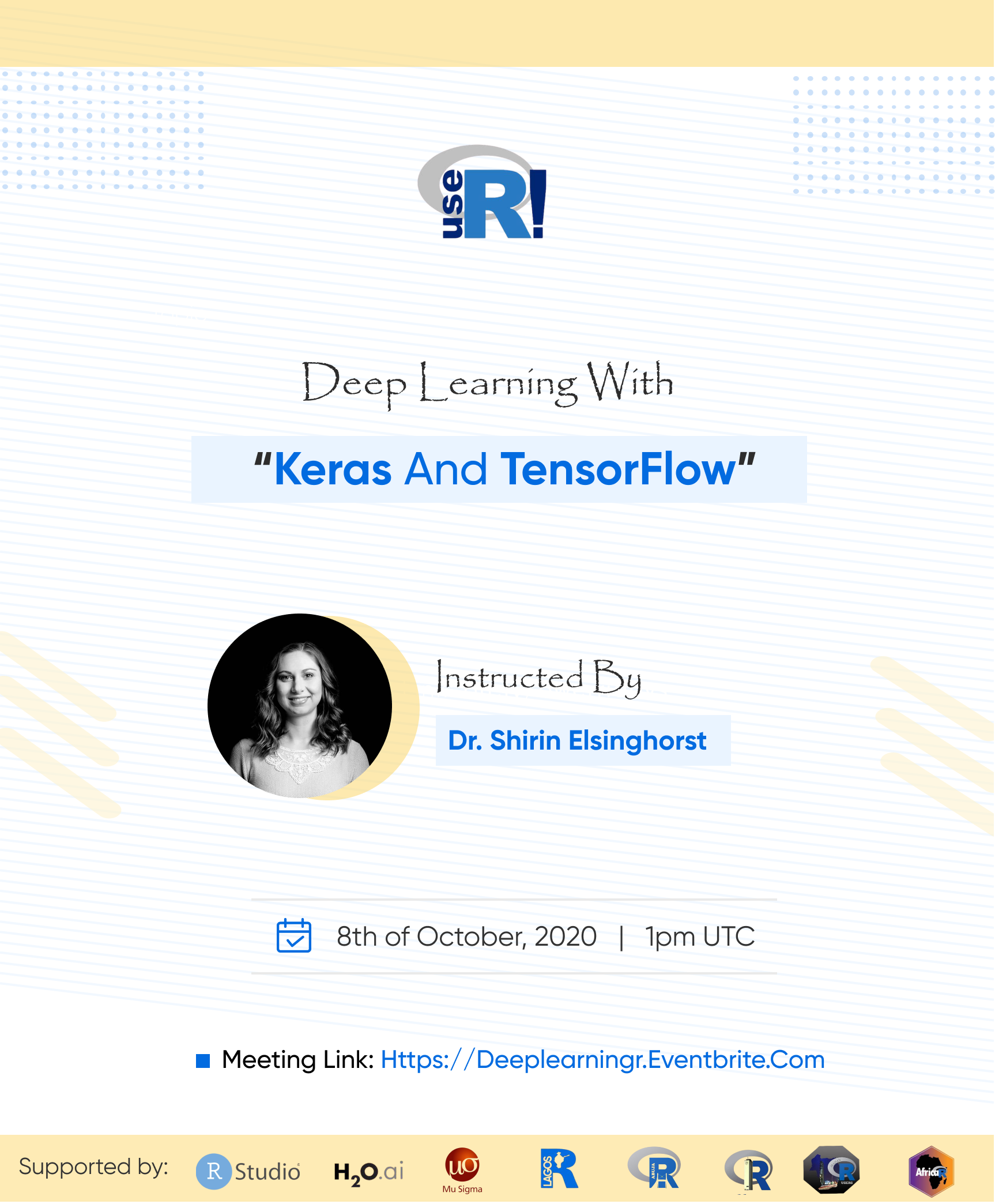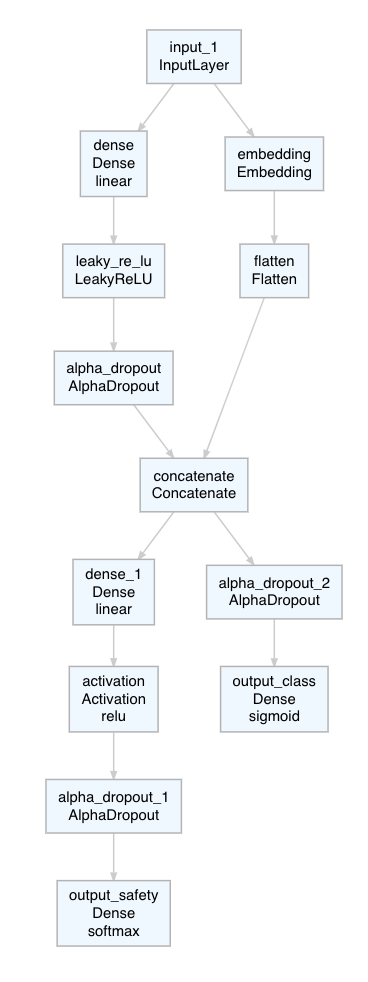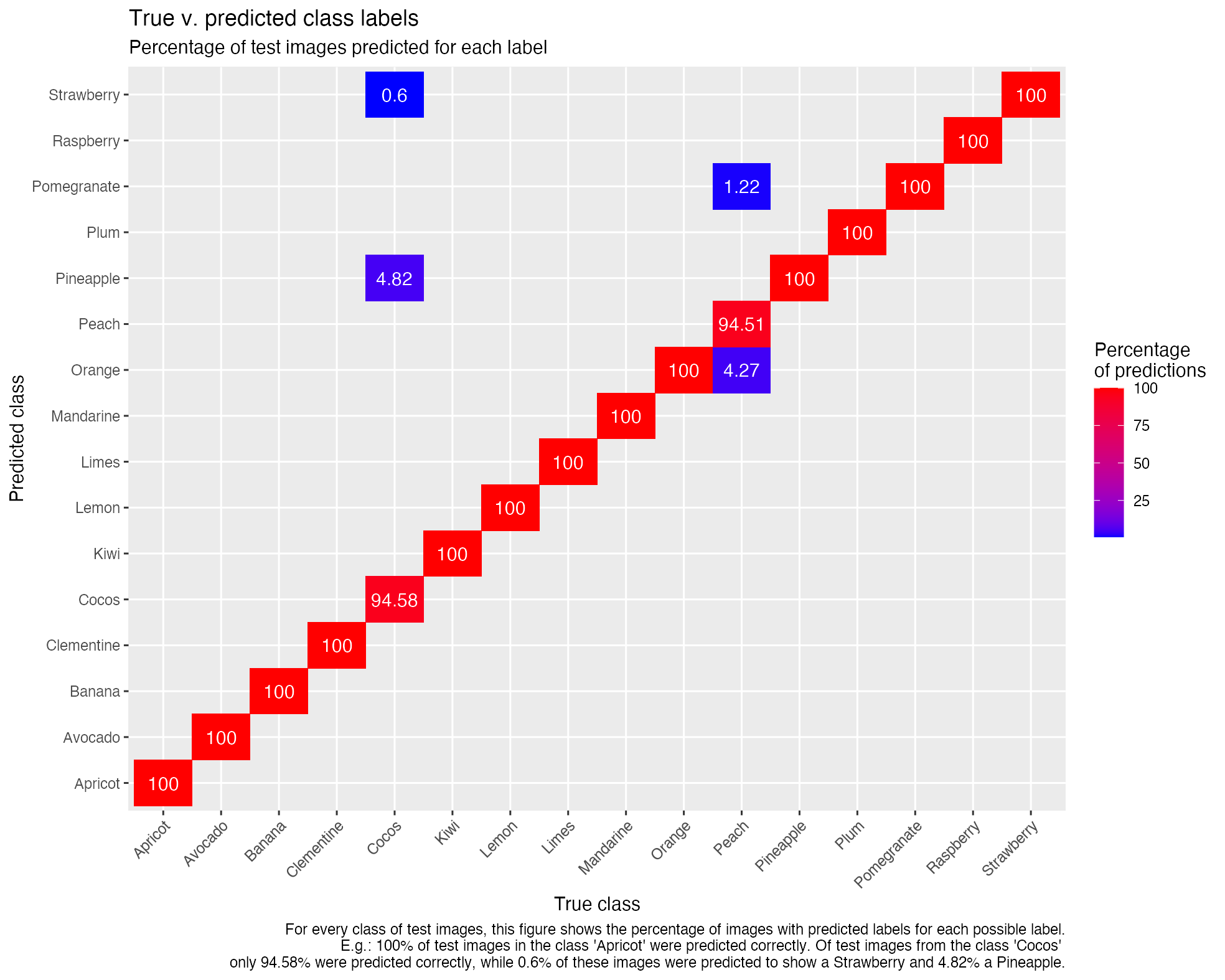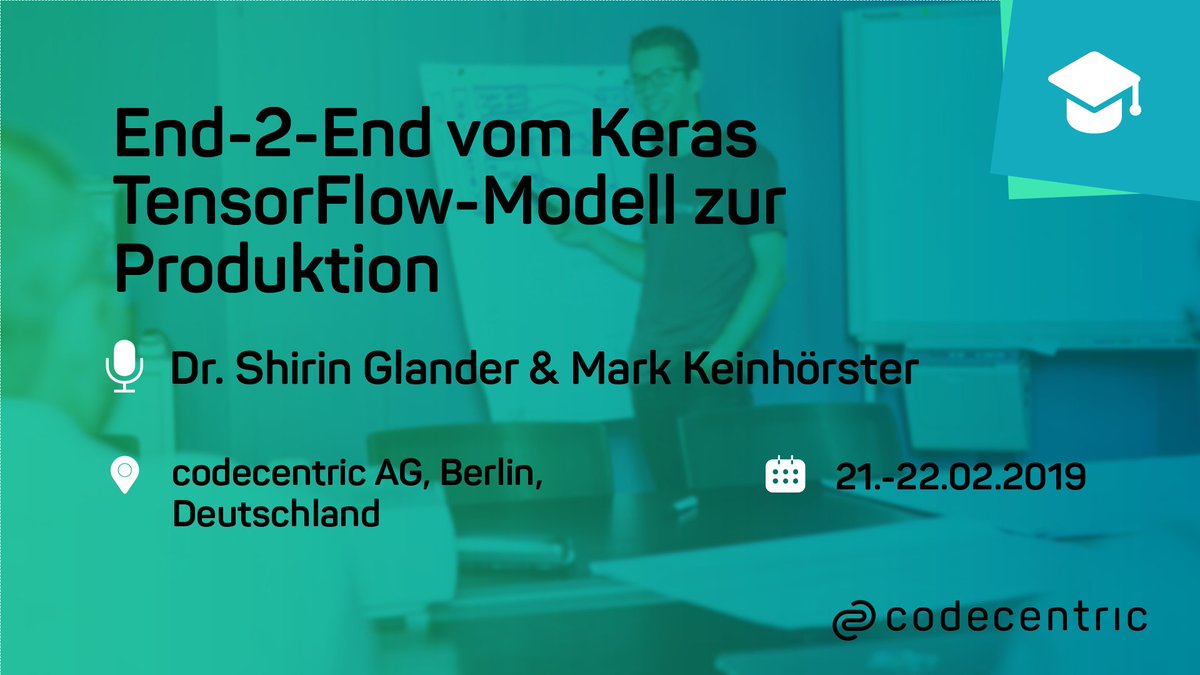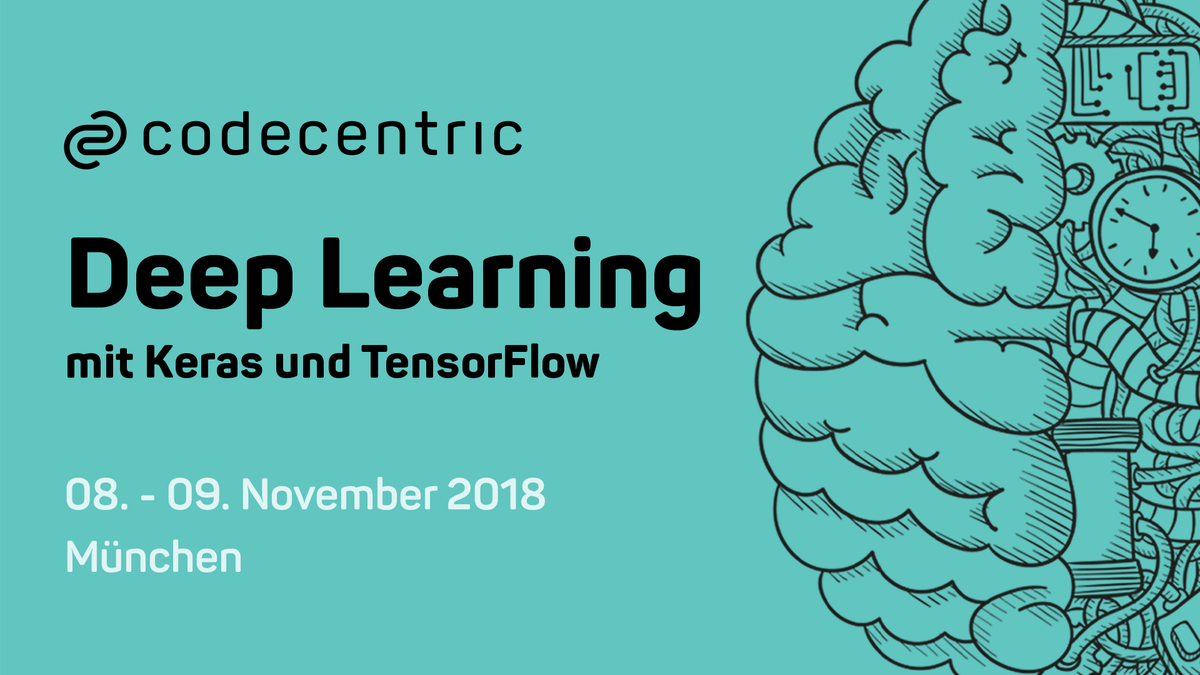Workshop material Because this year’s UseR 2020 couldn’t happen as an in-person event, I have been giving my workshop on Deep Learning with Keras and TensorFlow as an online event on Thursday, 8th of October.
You can now find the full recording of the 2-hour session on YouTube and the notebooks with code on Gitlab.
If you have questions or would like to talk about this article (or something else data-related), you can now book 15-minute timeslots with me (it’s free - one slot available per weekday):
